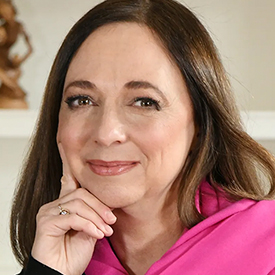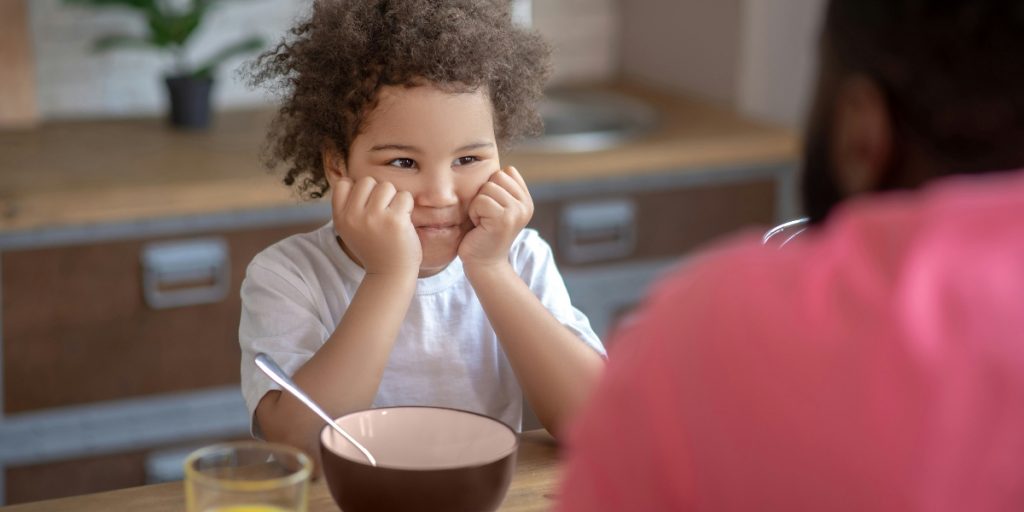“Are Extroverts Ruining Psychologists’ Surveys?”
So read the LiveScience headline of an article describing research findings suggesting that extroverts answer survey questions with more extreme responses than introverts do. It doesn’t matter what type of question it is. Whether asked to rate how much they liked a photo of a nature scene or how disgusted they’d be upon finding a caterpillar in their salad, the results were the same—extroverts reported more intense reactions than introverts did.
This raises the question: do extroverts actually experience life in extremes or are they just more inclined to declarative statements? If the answer is the latter, then extroverts’ instinct for hyperbole can interfere with “scientists’ efforts to paint an objective view of the world,” writes LiveScience reporter Rachael Rettner.
According to one scientist I spoke to while researching my book, however, the answer may be the former, at least when it comes to positive emotions like joy and delight. Extroverts are known for “up-regulating” these feelings—for accentuating the positive—says Rick Howard, University of Nottingham psychology professor, while introverts are more likely to simply take their emotions as they find them.
Let’s put aside the value judgments that inevitably flow from such observations (are extroverts more optimistic, i.e., “good”? are they simplistic, i.e., “bad”?).
Instead, let’s ask what it means for our personal relationships if introverts and extroverts tend to experience very different realities.
Donna McMillan, the St. Olaf College psychologist who conducted the study and considers herself an extrovert, recalls the time she and her husband made bruschetta to bring to a party:
“I said something outlandish like ‘I think this is the best bruschetta in the world!’ My husband, who tends to be more introverted, responded, ‘It is good.’”
“I’m not sure, but I think we might equally like the bruschetta,” McMillan told LiveScience. “But I’m not sure.”
In other words, if two people look at the same event and one feels X about it while the other feels X plus 1, or X plus 10, then it’s harder for them to enjoy a sense of mutual experience.
There’s also the potential for misunderstanding. If I say the bruschetta is “the best thing ever” and you say “yeah, it’s good,” I’ll feel deflated. But if you feel that you have to pretend it’s the best thing ever when you don’t really think it is, you’ll feel like you have to be inauthentic around me.
This is yet another example of why we need to truly understand other people’s cognitive and emotional maps—so we don’t take our differences personally.
This also explains a phenomenon I noticed when conducting interviews for my book: introverts tend to fear extroverts thinking them too serious, while extroverts worry that introverts think they are “too much” or “too silly.”
This post originally appeared on Quiet Revolution.































